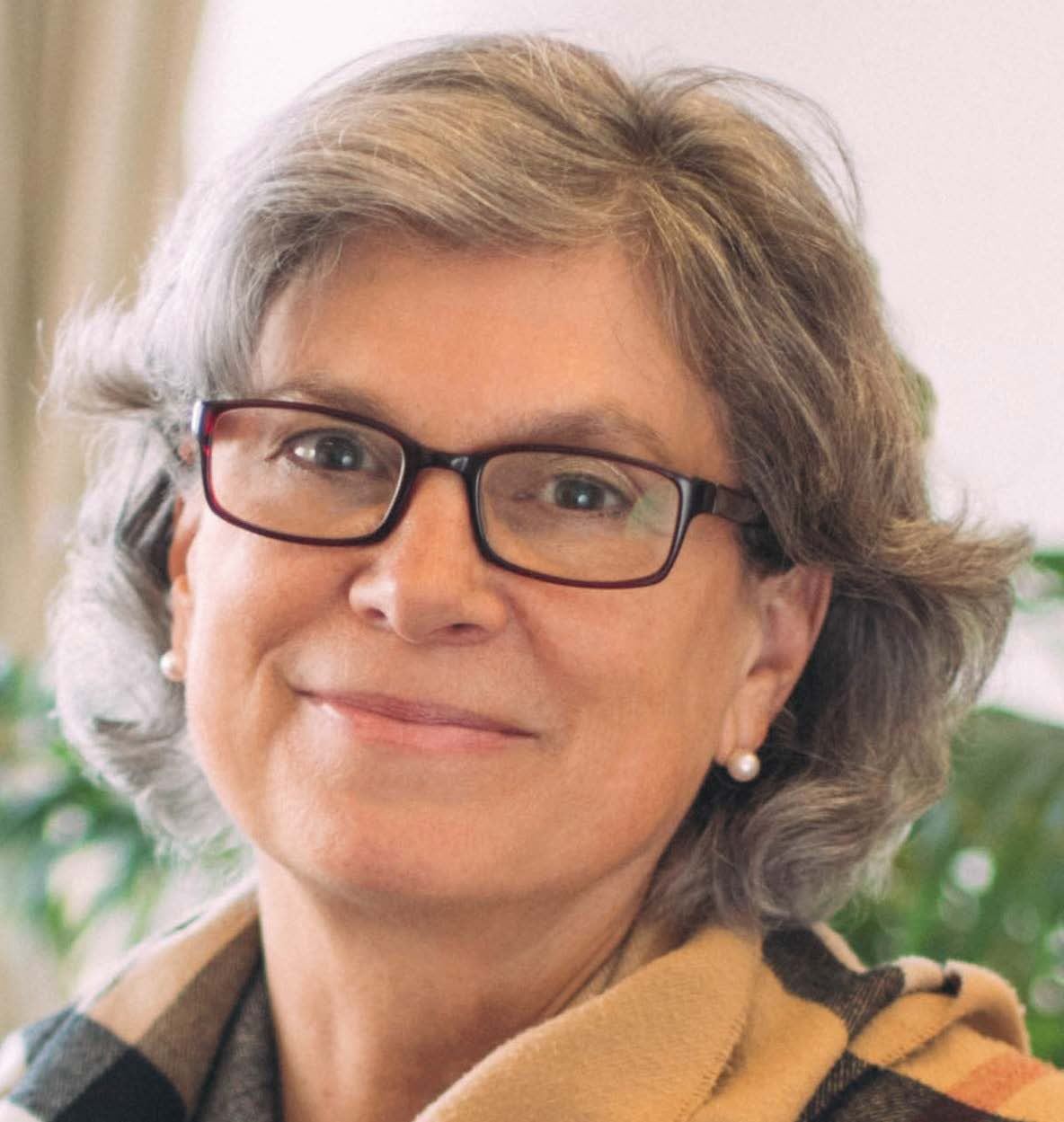Total Worker Health® was designed to understand how the totality of work and working conditions affect the health and well-being of workers. Technology is increasingly used as an adjunct to hiring, HR, and, increasingly, to monitor worker performance. The session will describe the kinds and extent of monitoring and surveillance in employment, the characteristics of people who are more likely to experience these techniques, and the kinds of jobs that employ them.
Learning Objectives:
- Understand the kinds of monitoring and surveillance technologies used in contemporary employment
- Describe the characteristics of workers and jobs more likely to use each technology
- Evaluate the impact of common surveillance and monitoring technologies on the well-being of workers.
This is not a passive learning experience. The format is built for all participants to engage in the discussion together after the brief presentations to learn from each other and guest speakers invited from industry and the TWH community.
This session qualifies for one continuing education hour credit for CIH, CSP, CHES, CPH and SHRM.

 Moderator: Cristina Banks, PhD
Moderator: Cristina Banks, PhD
Cristina G. Banks is Director of the Interdisciplinary Center for Healthy Workplaces (ICHW) at the University of California, Berkeley (UCB). She is also Associate Director of Outreach for the California Labor Laboratory, a NIOSH Center of Excellence for Total Worker Health®. She is a Senior Lecturer at the Haas School of Business, UCB, where she teaches management and organizational behavior, and where she has filled several administrative roles including Director of Undergraduate Programs and Program Director for the Center for Organization and Human Resource Effectiveness (COHRE). Dr. Banks and ICHW colleagues conduct research and assist practitioners across diverse disciplines in the development and implementation of healthy workplaces.
 Subject Matter Expert: Kristen Harknett, PhD
Subject Matter Expert: Kristen Harknett, PhD
Kristen Harknett received her PhD in Sociology and Demography from Princeton University in 2002, and was a Robert Wood Johnson Scholar in Health Policy Research at UC Berkeley from 2002 to 2004. She served on the faculty of the Department of Sociology at the University of Pennsylvania before assuming her current position at the University of California, San Francisco. Her research and teaching interests include unstable work schedules and worker health and well-being, kin and social support, family demography, quantitative methods, and policy evaluation.
 Subject Matter Expert: Edward Yelin, PhD
Subject Matter Expert: Edward Yelin, PhD
Edward Yelin, the Edward A Dickson Emeritus Professor of Medicine and Health Policy at UCSF, is the Principal Investigator of the California Labor Laboratory. Dr. Yelin has been researching the interaction between work and health for more than four decades, focusing on how changes in the nature of employment and in the mix of industries have affected the welfare of the working age population. Dr. Yelin has also been researching the effect of poverty on health, focusing on how de-industrialization has simultaneously rendered large numbers of workers poor and exposed them to industrial toxins where they live and work and to the stress of food, housing, and medical care insecurity.